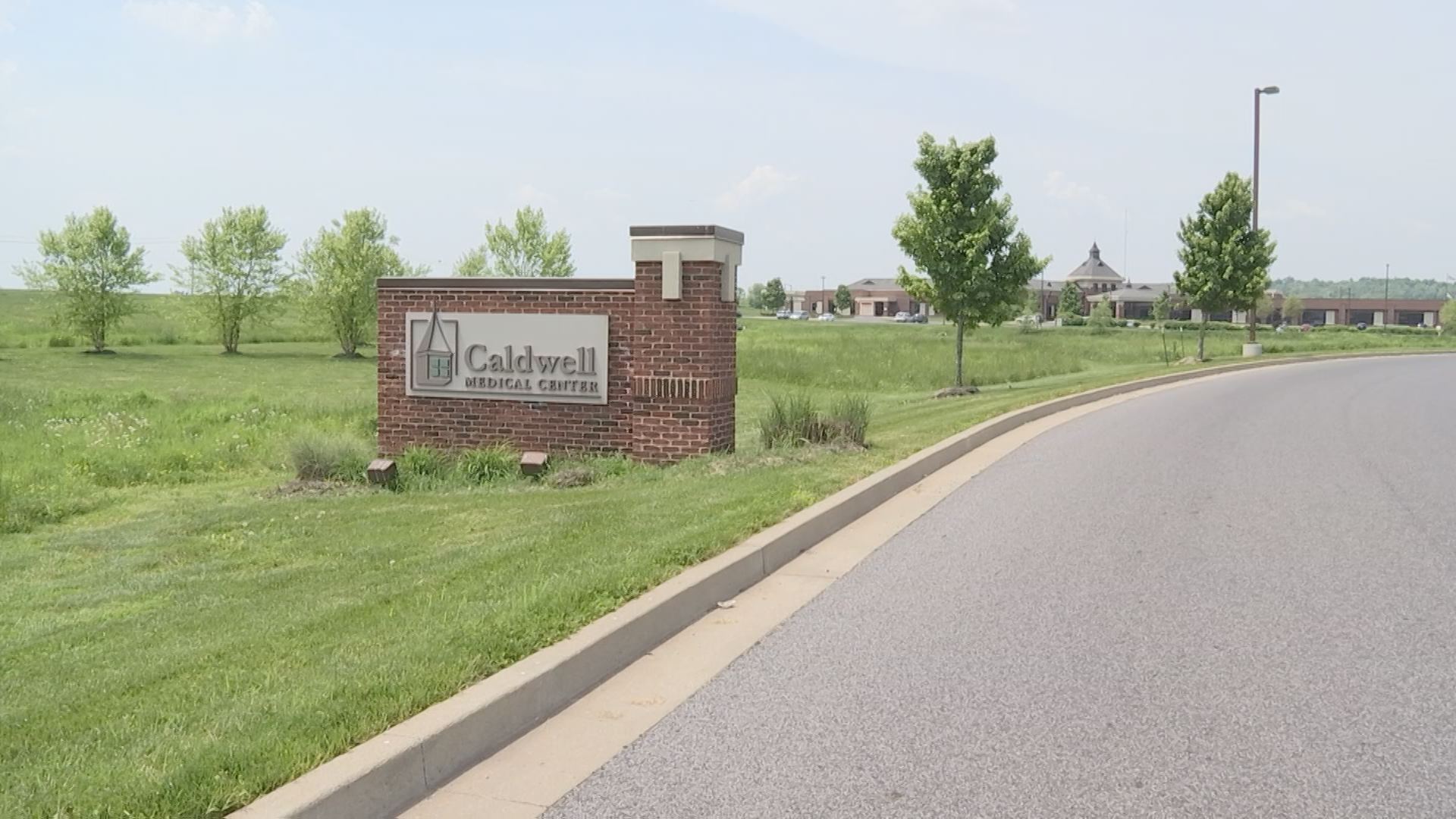 |
| "Dr" Philip G. Hunt |
This infection was left untreated intentionally for months, until it was finally treated by the infectious disease specialists at Washington University in St. Louis MO in August 2013 through February 2014 (and a month later there was an eye infection to deal with...but I'm getting ahead of myself).
 My husband David felt there was something very wrong within days of the January 2013 surgery. Since his arm was to be completely immobile due to the sling and block provided to him (photo at right taken February 15, 2013) for six weeks, it was difficult to ascertain everything or pinpoint what was wrong.
My husband David felt there was something very wrong within days of the January 2013 surgery. Since his arm was to be completely immobile due to the sling and block provided to him (photo at right taken February 15, 2013) for six weeks, it was difficult to ascertain everything or pinpoint what was wrong.The pain David felt was excruciating every second of every day, similar to a screwdriver being dug into you. Go ahead, grab one and jab yourself with it, I'll wait. That's what he lived with from January until August.
He could tell the problem was deep within a short time, and called Hunt's office within days to alert them of a problem. On the 6th, Hunt's office called in a prescription for Clindamycin and on the 11th we went to their office for a consultation. Hunt was nowhere to be found, we only saw his PA Tanna Vaughan, who said she couldn't imagine what the problem could be and proudly showed us some photos of the surgery. (note: when we requested the records from their office much later on, these photos were nowhere to be seen so it's hard telling if those were actual photos or not...they could have been stock photos they downloaded from the internet for all we know). On that day, she suggested that David continue the Clindamycin so we filled the prescription while we were there and decided to try to salvage the day by going out to eat at Whaler's Catch, particularly since it was my birthday.
I felt horrible dragging David there, he was extremely uncomfortable and the sling was bothering him greatly already. If you can see it poking out, he had to tuck one of our fabric napkins under it to avoid any further irritation. He went through life just putting on a brave face for months.
This was the extent of our lives for a very long time. Snippets of trying to salvage a horrible situation or just trying to feel normal again. Unfortunately it never lasted very long, the pain would just be too great and we would have to return home so he could rest the best he could, which was nigh impossible.
Back to infections. Did you know that Kentucky has no laws regarding the reporting of infections? According to this website at http://www.hospitalinfection.org/state_reporting.shtml Kentucky is one of 13 states (and D. C.) that do not have any laws for reporting, although it is noted under State Reporting:
Kentucky
Kentucky hospitals are not required to report HAIs, and no legislation is pending on the subject. However, many hospitals in the state report HAI data to NHSN, and the information can be found using http://www.medicare.gov/hospitalcompare/search.html.
For more information, visit: http://chfs.ky.gov/dph/
I think you can see the disconcerting red for Lourdes Hospital. Keep in mind this is in regards to MRSA, and "voluntary information". My husband had MSSA which is apparently an enormous problem but rarely mentioned even in states that do have laws for reporting infections. MSSA nearly cost my husband his arm and his life; by the time he had his third surgery in August, he lost an extensive amount of bone due to it. Why pinpoint only certain infection types to be reported? Insane.
What ARE the actual facts regarding patients that contract MSSA? Your guess is as good as mine. We have serious issues folks, how do these infections occur? Hunt claimed it was an "infected" anchor (the Arthrex ones) and indeed during the August surgery it appeared to be the origin of the infection. So, pray tell, how do two separately packaged anchors come to be infected? Not just the anchors. the THREADS of the anchors. We'll be discussing these anchors soon too. Did Hunt intentionally put MSSA on the anchors? Was it an accident? Later you will see why I'm asking these questions....
In a recent thread on the Topix forum, I happened across this recent entry by someone who apparently worked in surgery with Hunt:
 |
| "coworker" wrote: "You wouldn't want to know how he is as a surgeonin [sic] surgery. I worked with him. No no no, don't go to him...he brings his coffee into a sterile environment all the time." |
Even if Hunt didn't put the MSSA directly on the threads of the anchors himself, he is just as guilty if he is doing this sort of thing in a surgery. It's inexcusable.
Still want to go to Hunt? Hope you're the praying sort, or very lucky, because that's the only thing going to save you. And don't bother reporting it to Lourdes Hospital, they aren't interested. More on them later too.
Much more to come regarding infections later...



